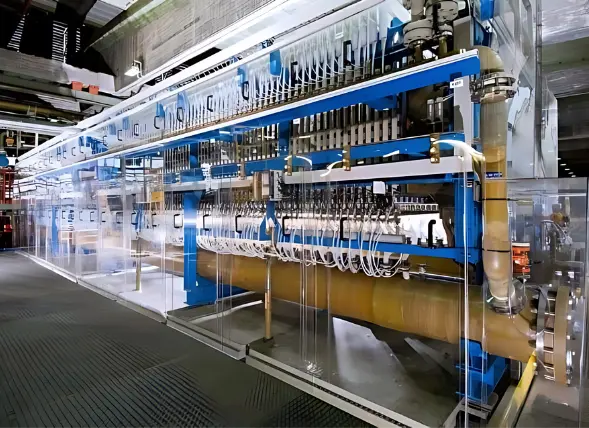Hydrogen Energy
Hydrogen Energy: Pathway to a Green Future
Hydrogen energy solutions at Aham Urja for clean, sustainable, and efficient power generation.
Hydrogen energy project development involves feasibility studies, technology selection, and infrastructure planning. Key steps include sourcing hydrogen production methods (like electrolysis or steam methane reforming), designing storage and distribution systems, and integrating with existing energy networks. Successful projects require regulatory compliance, funding, and collaboration with industry stakeholders.
Hydrogen energy holds a promising future due to its versatility and environmental benefits. As a clean fuel, hydrogen produces only water when combusted or used in fuel cells, reducing greenhouse gas emissions. It can be stored and transported efficiently, providing a solution for energy storage and grid stability. Hydrogen can be produced from diverse sources, including renewable energy and natural gas, offering flexibility in its supply. Its use extends across sectors, from powering vehicles to industrial processes. With advancing technology and decreasing production costs, hydrogen is poised to play a crucial role in transitioning to a sustainable, low-carbon energy future.
Hydrogen Energy: A New Era in Clean Power

01
Zero Emissions
Hydrogen energy produces zero carbon emissions when used in fuel cells, as the only byproduct is water. This makes hydrogen a clean alternative to fossil fuels, contributing to the reduction of greenhouse gas emissions and air pollution.
03
Versatility in Applications
Hydrogen can be used in a wide range of applications, including electricity generation, transportation, industrial processes, and as a raw material for chemical production. It can be converted into electricity, heat, or used directly as a fuel, making it a highly flexible energy source.
02
High Efficiency
Hydrogen has a high energy density by weight, meaning it can store and deliver more energy per unit mass compared to other fuels. This makes hydrogen particularly attractive for applications where energy efficiency and long-range capability are important, such as in transportation and aviation.
04
Renewable Production Potential
Hydrogen can be produced from a variety of renewable resources, including water (through electrolysis powered by renewable energy) and biomass. This makes it possible to generate hydrogen in a sustainable manner, reducing dependence on fossil fuels and enhancing energy security.
Transforming Energy for a Brighter World
Hydrogen energy is poised to usher in a new era of clean power, offering a transformative solution for the global energy landscape. As the world seeks to reduce carbon emissions and transition away from fossil fuels, hydrogen emerges as a key player in this shift towards sustainability.

Hydrogen Production

Hydrogen Storage and Distribution



